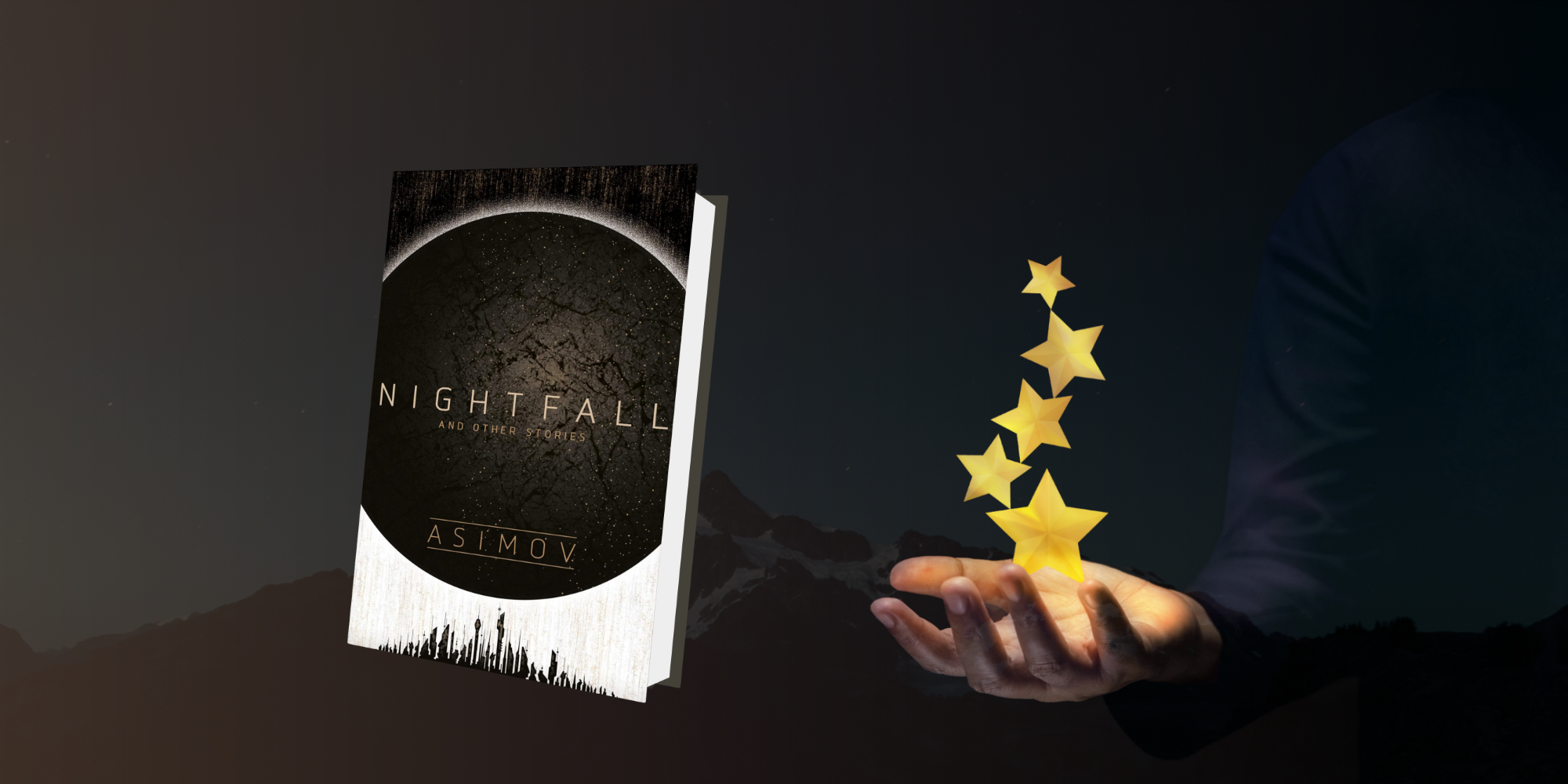As someone who has always been fascinated by the intersection of technology, futurism, and human ingenuity, discovering Isaac Asimov’s “Nightfall and Other Stories” was a revelation. Having long admired Asimov’s renowned Foundation series, I was surprised to find myself unacquainted with his short stories. This collection, however, quickly proved itself a treasure trove of prescient insights and timeless narratives which I found even more impressive as the stories were written between 1941 and 1967!
Asimov’s ability to foresee technological and societal developments is nothing short of prophetic. In “The Last Question,” for instance, he explores the concept of a supercomputer grappling with the entropy of the universe, a narrative that resonates deeply in today’s age of advanced artificial intelligence and existential inquiries about the future of the cosmos. It’s a vivid illustration of the perennial quest for understanding in the face of the unknown.
In “Nobody Here But –”, Asimov imagines a self-aware computer system that may very well “have a desire to more machines until there were millions of them all over the earth, fighting with human beings for control” thus setting the stage for countless stories from The Terminator to The Matrix. The topic is also incredibly timely as we seem to be nearing the ability to create Artificial General Intelligence (AGI).
Another gem, “Franchise,” remarkably anticipates the rise of data-driven decision-making and the potential for AI in governance, a topic of immense relevance in our current era of big data and algorithmic predictions. Asimov’s foresight in envisioning a world where a single voter, selected by a computer, represents the will of the populace, speaks to the core of contemporary debates around democracy and technology.
“Nightfall,” the titular story, is a masterclass in building tension and exploring the psychological impact of astronomical events on a civilization. Its depiction of a society unprepared for a cataclysmic event echoes current concerns about global challenges and our collective response to impending crises. The story’s exploration of fear, science, and ignorance is as pertinent today as it was when written.
What strikes me most about Asimov’s writing is his ability to blend scientific curiosity with deep philosophical questions. His stories are not just forecasts of future technologies but are also profound inquiries into the human condition. They challenge us to consider the moral and ethical dimensions of our scientific endeavors.
“Nightfall and Other Stories” is not just a collection of science fiction narratives; it is a compilation of visionary ideas that transcend their era. Asimov’s work is a testament to the enduring power of the human imagination, and this book is a must-read for anyone interested in the confluence of technology, society, and the future.
